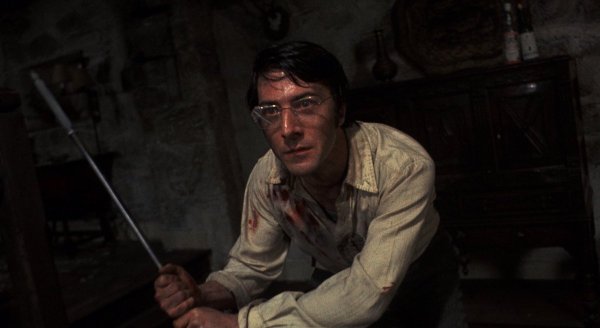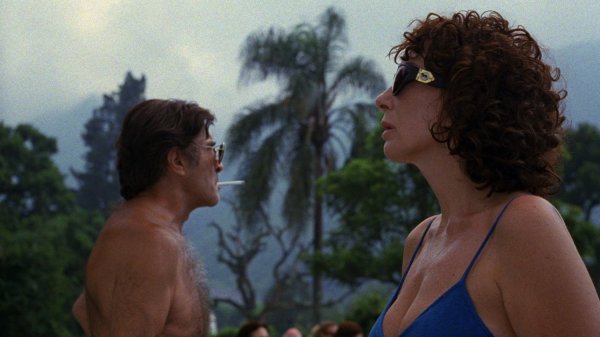
Watching the new Criterion Collection edition of John Hughes’ “The Breakfast Club,” I was struck by something I had never noticed before. The opening credits list all the main actors in the film in alphabetical order, starting with Emilio Estevez as jock Andrew and ending with Ally Sheedy as “weird” kid Allison.
But there are seven names listed, not five. In between are Paul Gleason, who plays vice principal Richard Vernon, and John Kapelos, who played Carl the janitor. That seemed weird to me – “The Breakfast Club” is those five young actors, made iconic as the avatars of ‘80s teens. You don’t see Vernon or Carl peeking in on the movie posters – why would they be billed at the same level as Molly Ringwald, Judd Nelson or Anthony Michael Hall?
Rewatching the film as a middle-aged man, it’s perhaps natural that I saw those two adult characters differently – or, indeed, I saw them at all. When I saw the film in 1985, the two adults just seemed to hover in the background, indistinct. Now I see their importance to “The Breakfast Club.”








